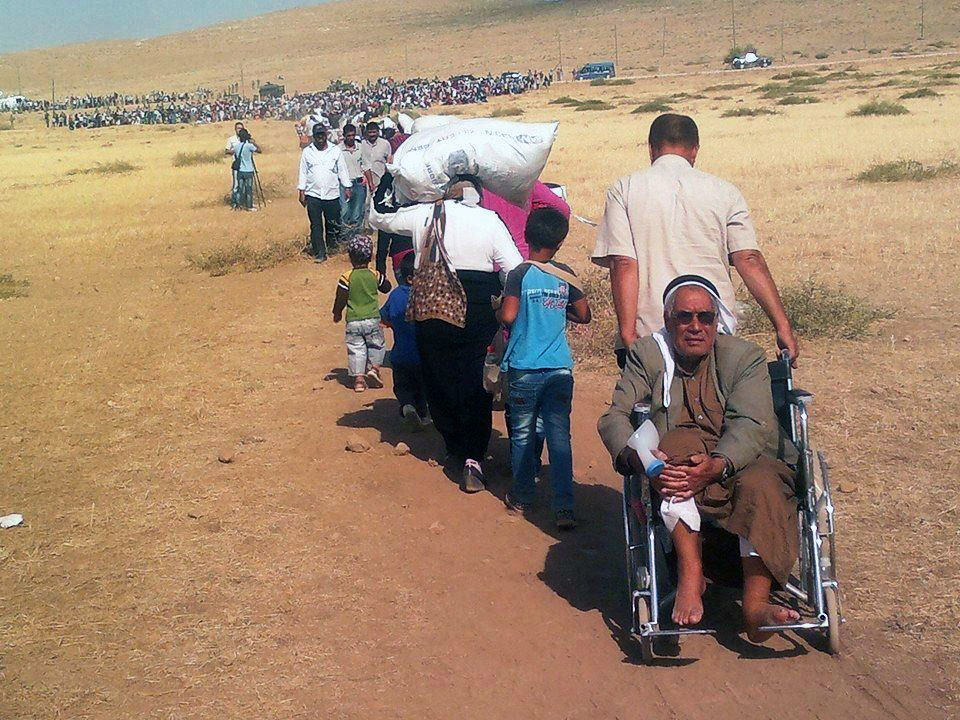The Hebrew scriptures are full of instructions on how citizens of the land ought to treat immigrants. The core of the teaching seems to hinge on this: treat the other (immigrant, alien, wayfarer) with the same laws, same justice, same provisions and even extra provisions that you treat yourselves because you were once “the other.” You know what it was like to be displaced and without a home.
One of the pinnacle teachings of Jesus in Matthew’s Gospel is referred to as “The Great Judgment” where all nations (interestingly, not individuals, but nations) are gathered before him, and they are divided as being like sheep or goats. The “sheep” are invited into eternal blessing and the “goats” into eternal misery. The difference between the two is not what they believed or how they worshiped or even whether they confessed Jesus as their personal Lord and Savior. The one distinction in this apocalyptic view is how each nation treated “the other:” the hungry who needed food, the thirsty who needed water, the sick who needed comforting, the stranger who needed welcoming, the naked who needed clothing, the one in prison who needed visiting.
Based on the abundance of these teachings and the powerful imagery they are given, it would be safe to say that the core of the Judeo-Christian teachings that we honor as Unitarian Universalists is in this: how we treat the other, and that is always about creating harbor for the other. We identify with the other because not a single one of us has lived without knowing what it is like in some way, small or great, to be alienated and “othered.”
Many human beings right now in positions of power, in the US and Europe, are allowing our fear to turn us into aliens in our own land–the lands of our hearts not to mention the lands that we live in. We have the power through love and compassion to call ourselves back from fear to do the work of harboring all beings who seek refuge. This is our inherent worth and dignity.
Bob Patrick


Powerful words today!